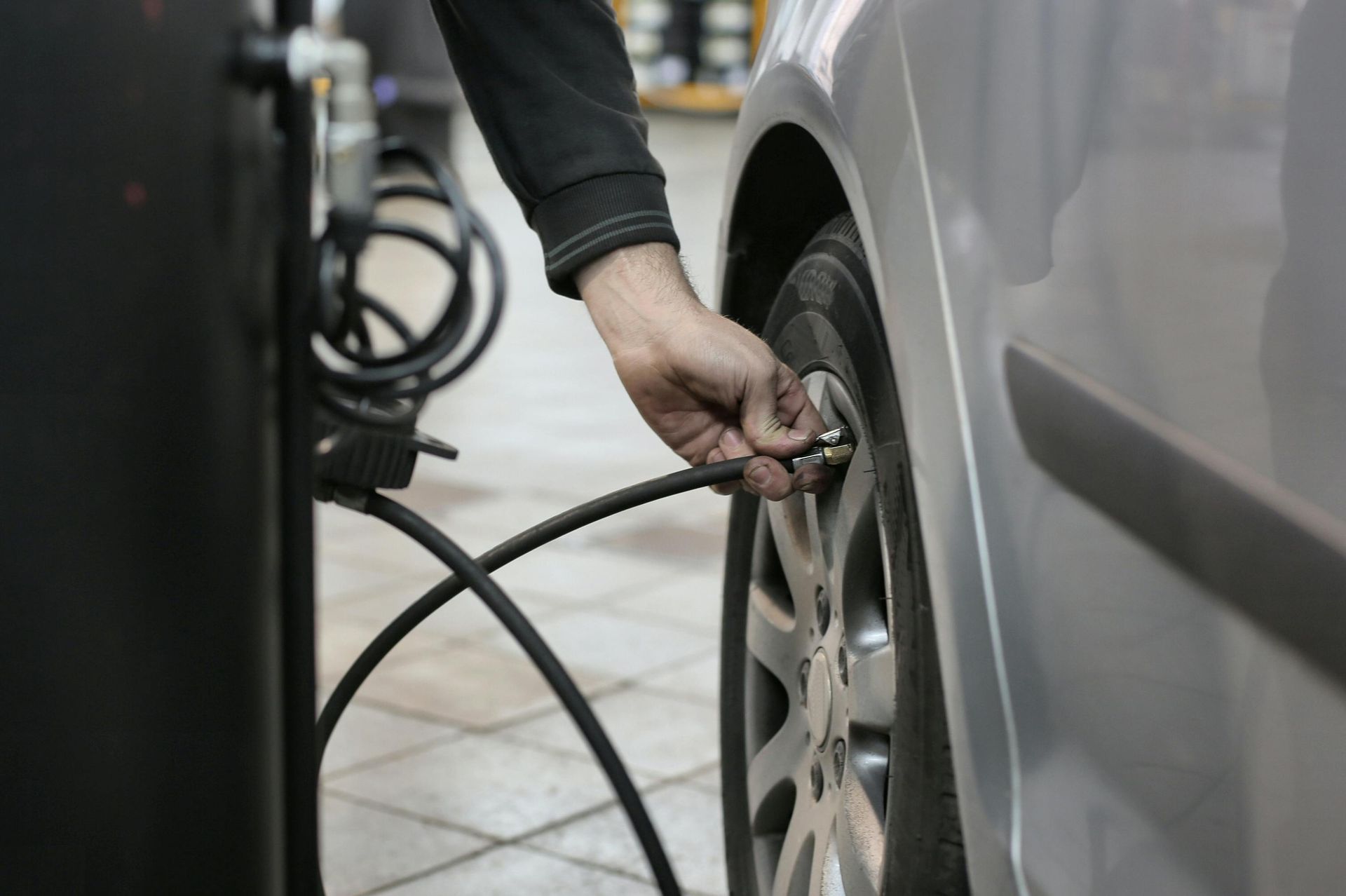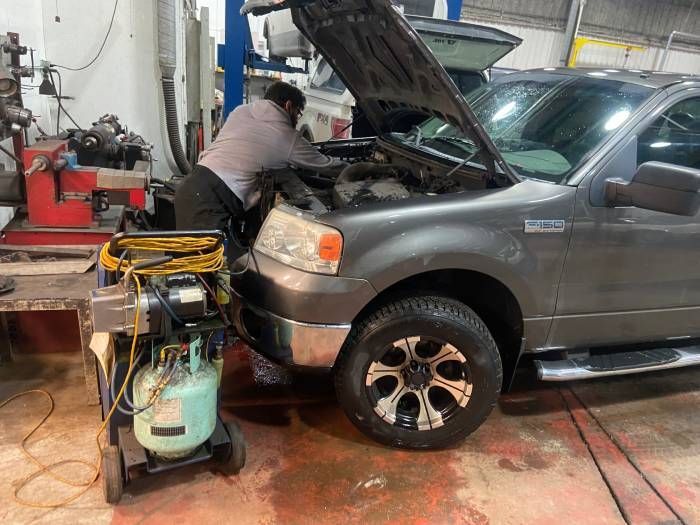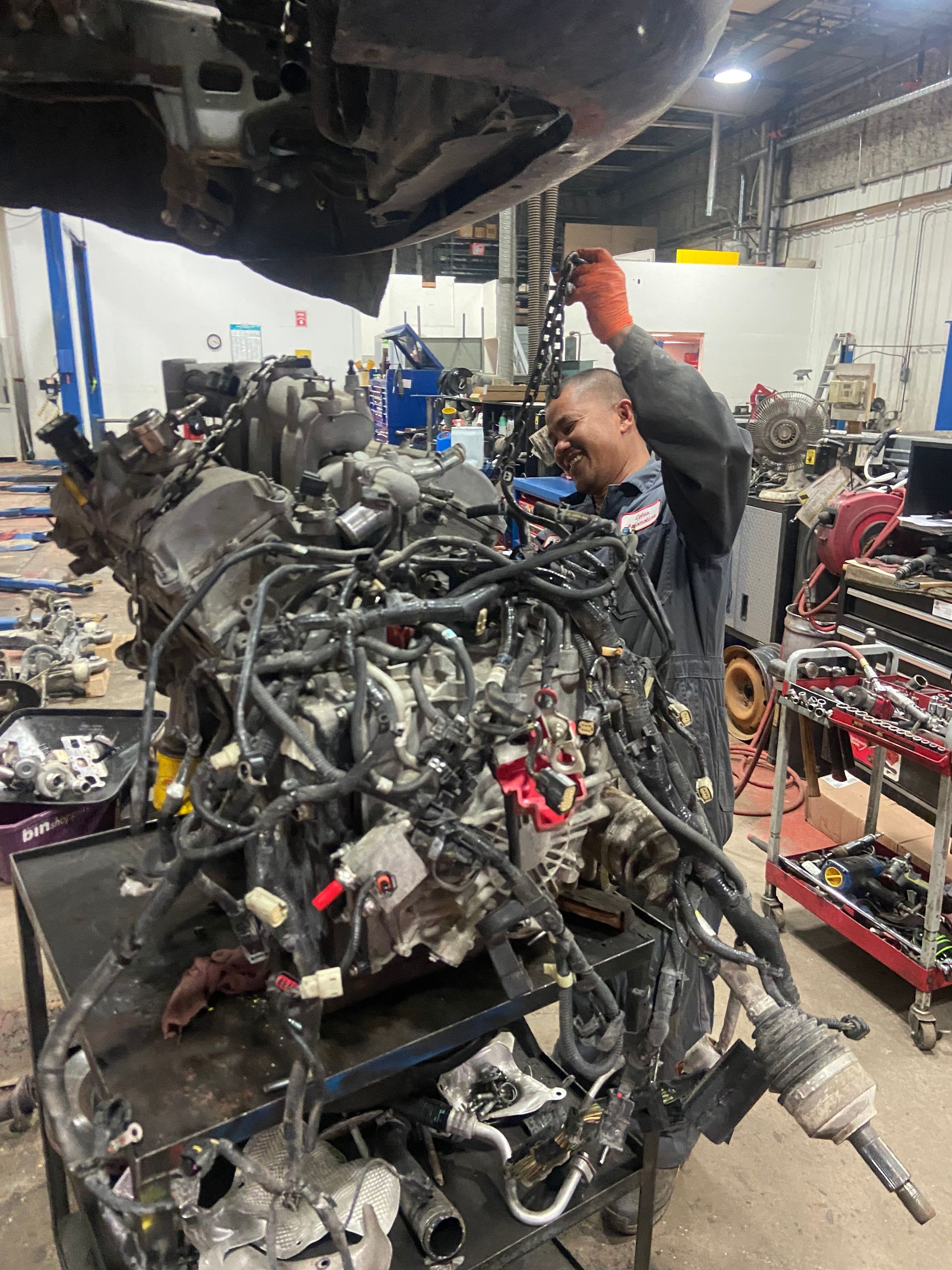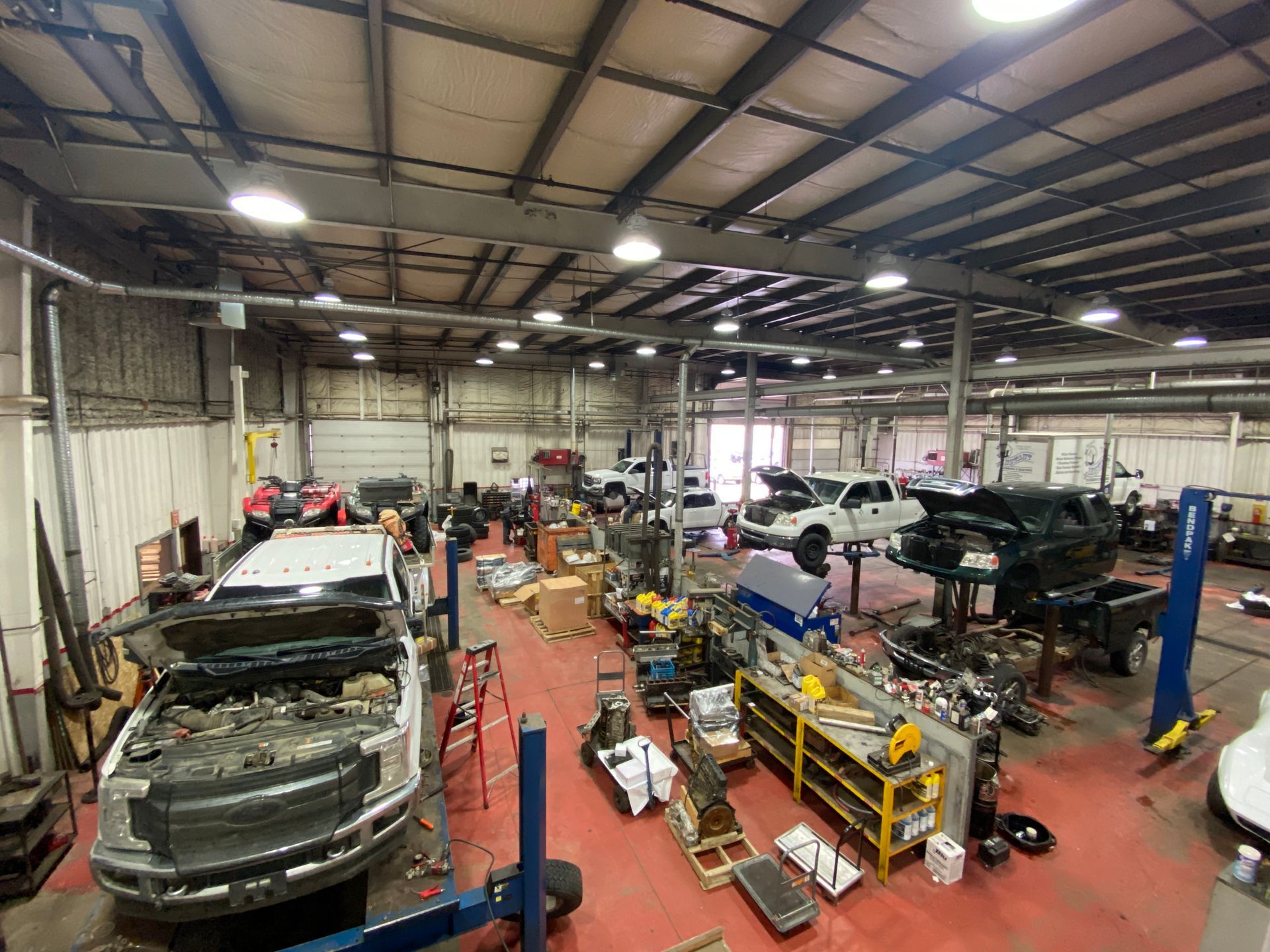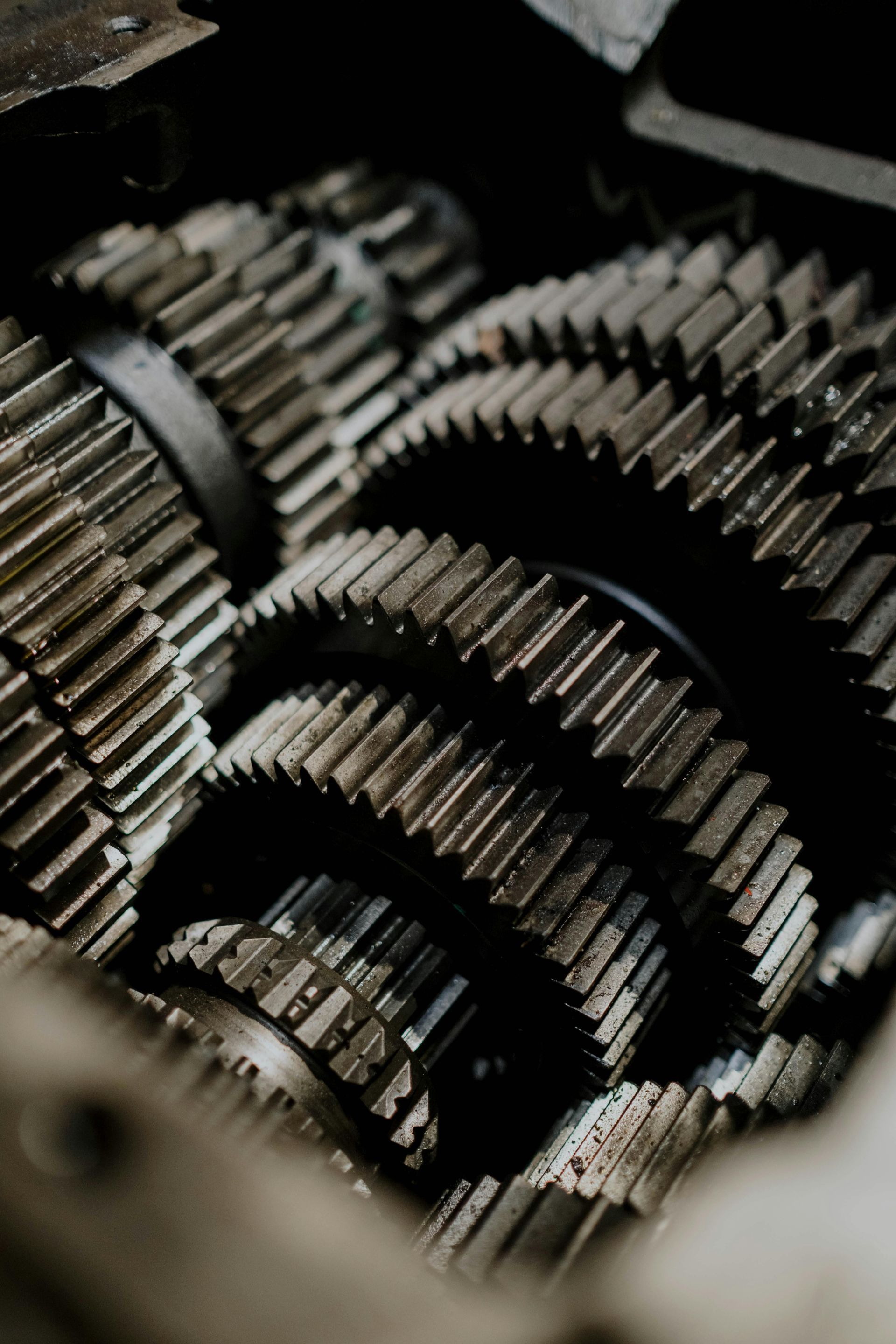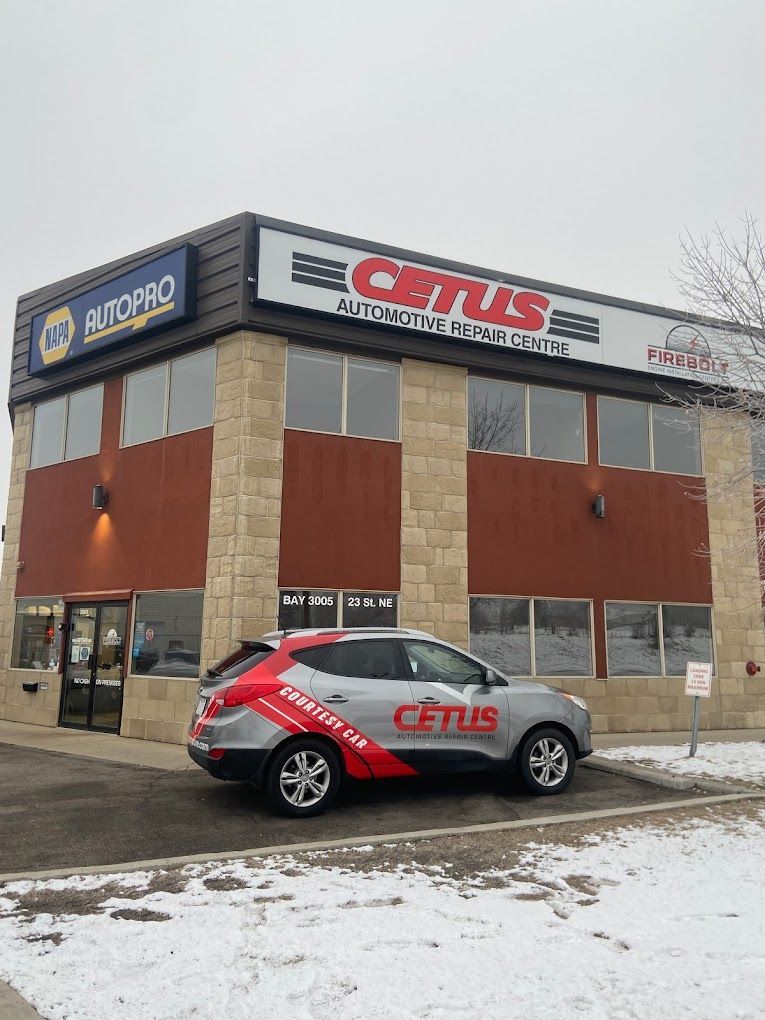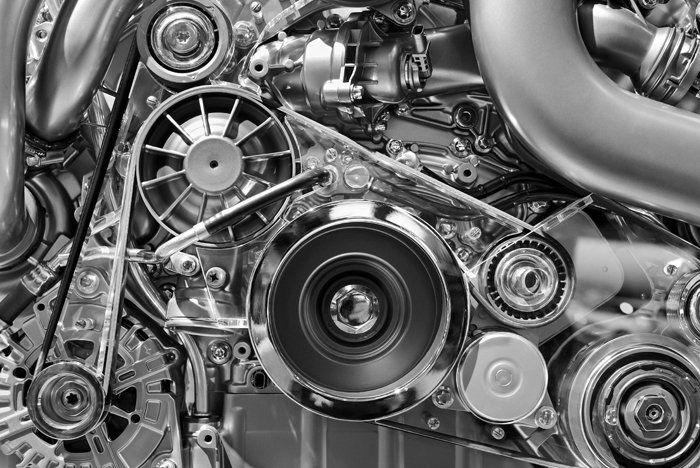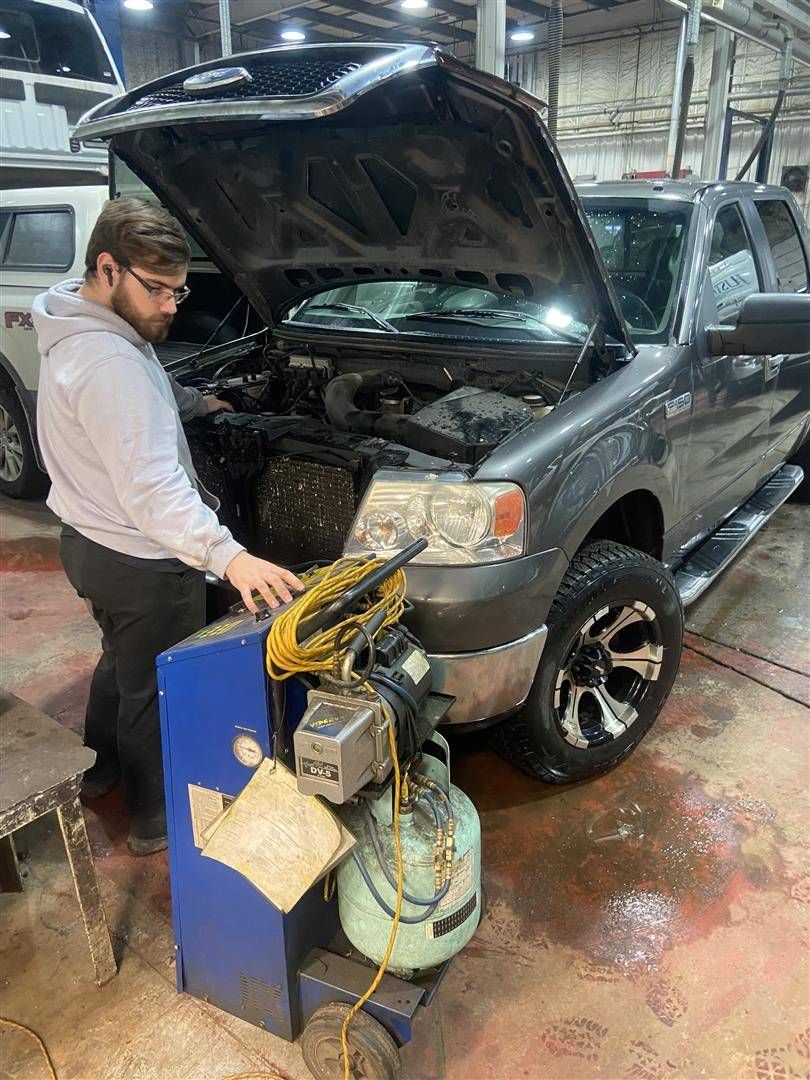You're grappling with a hefty mechanic's bill and can't help but think, 'Should I repair my vehicle or just buy a new one?'
It's a common dilemma, weighing the costs and benefits of each option.
In this discussion, we'll delve into factors such as the cost of repairs, the vehicle's current value, and the potential financial impact of purchasing a new car.
We'll guide you through this challenging decision, steering you towards the best choice for your situation.
Whether you're attached to your old ride or ready to switch gears, we're here to help you navigate this journey.
Assessing the Value of Your Vehicle
Before you make a decision, it's crucial you assess your vehicle's current value. This doesn't just mean knowing what you could get if you sold it today; it's about understanding its long-term worth. You've got to factor in future repair costs, maintenance, and fuel economy.
Check online resources like Kelley Blue Book or Edmunds to gauge your car's market value. Don't forget to consider its condition, mileage, and age. Also, weigh the emotional value. Is there a sentimental attachment that's hard to put a price on?
Lastly, compare the cost of repairing your current car to the cost of buying a new or used one. Remember, it's not just about the sticker price; think about insurance, registration, and financing costs too.
Costs Involved in Vehicle Repairs
After assessing the value of your current vehicle, it's crucial to delve into the costs involved in vehicle repairs. Here's what you need to keep in mind:
1. **Labor Costs**: Mechanics charge for their time and expertise. Rates vary based on location and the complexity of the work.
2. **Parts and Materials**: Depending on the repair, you'll need to budget for replacement parts. These can range from inexpensive filters to costly engine components.
3. **Diagnostic Fees**: If you're not sure what's wrong, a mechanic will charge for diagnostic time. This cost can sometimes be applied to the repair.
4. **Unexpected Costs**: There can be hidden issues that drive up the price of repairs. Always have a contingency fund for unexpected costs.
Understanding these costs can help you make an informed decision on whether to repair or replace your vehicle.
Considering the Purchase of a New Car
Now that you've got a grasp on potential repair costs, it's time to weigh these against the expense of purchasing a new car. Consider the price tag of a new vehicle, factoring in extras like tax, insurance, and registration fees. Don't forget to account for depreciation, as new cars lose value the moment they're driven off the lot. Evaluate financing options and interest rates, which can add a substantial amount to the total cost.
Next, think about fuel efficiency. Newer models tend to be more fuel-efficient, which could save you money in the long run. Also, consider the warranty, which can offset some repair costs.
Environmental Implications of Your Decision
Considering the environment, you're faced with a significant decision when deciding whether to repair your old car or buy a new one.
1. **Manufacturing Impact**: Building a new car has a substantial carbon footprint, involving energy-intensive mining, manufacturing, and shipping processes.
2. **Landfill Waste**: Discarding your old vehicle increases landfill waste unless it's properly recycled.
3. **Fuel Efficiency**: Newer models are usually more fuel-efficient, reducing greenhouse gas emissions in the long run.
4. **E-Waste**: Modern cars contain a high amount of electronics, contributing to e-waste if not properly disposed of.
In essence, both options have environmental implications. It's up to you to weigh these factors, considering not only the cost but also the environmental impact of your decision.
Financial Implications Over Time
You'll need to carefully evaluate the financial implications over time when deciding between repairing your current vehicle or purchasing a new one.
Consider the ongoing maintenance costs of your old car. If the repair costs are approaching or exceed the value of the car, it may be more cost-effective to invest in a new vehicle.
Plus, newer models often offer better fuel efficiency, which can save money over time.
On the other hand, purchasing a new vehicle involves upfront costs and potentially monthly loan payments, which could impact your budget. Also, insurance and registration fees are typically higher for new cars.
If you’re looking to get your vehicle repaired, at Cetus Automotive in Calgary we do everything from brakes to full engine swaps and internal engine repairs. Give us a call if you want expert advice and expert work with some of the best warranties around! 403-235-2912 or send us an e-mail info@cetusautomotive.com.
